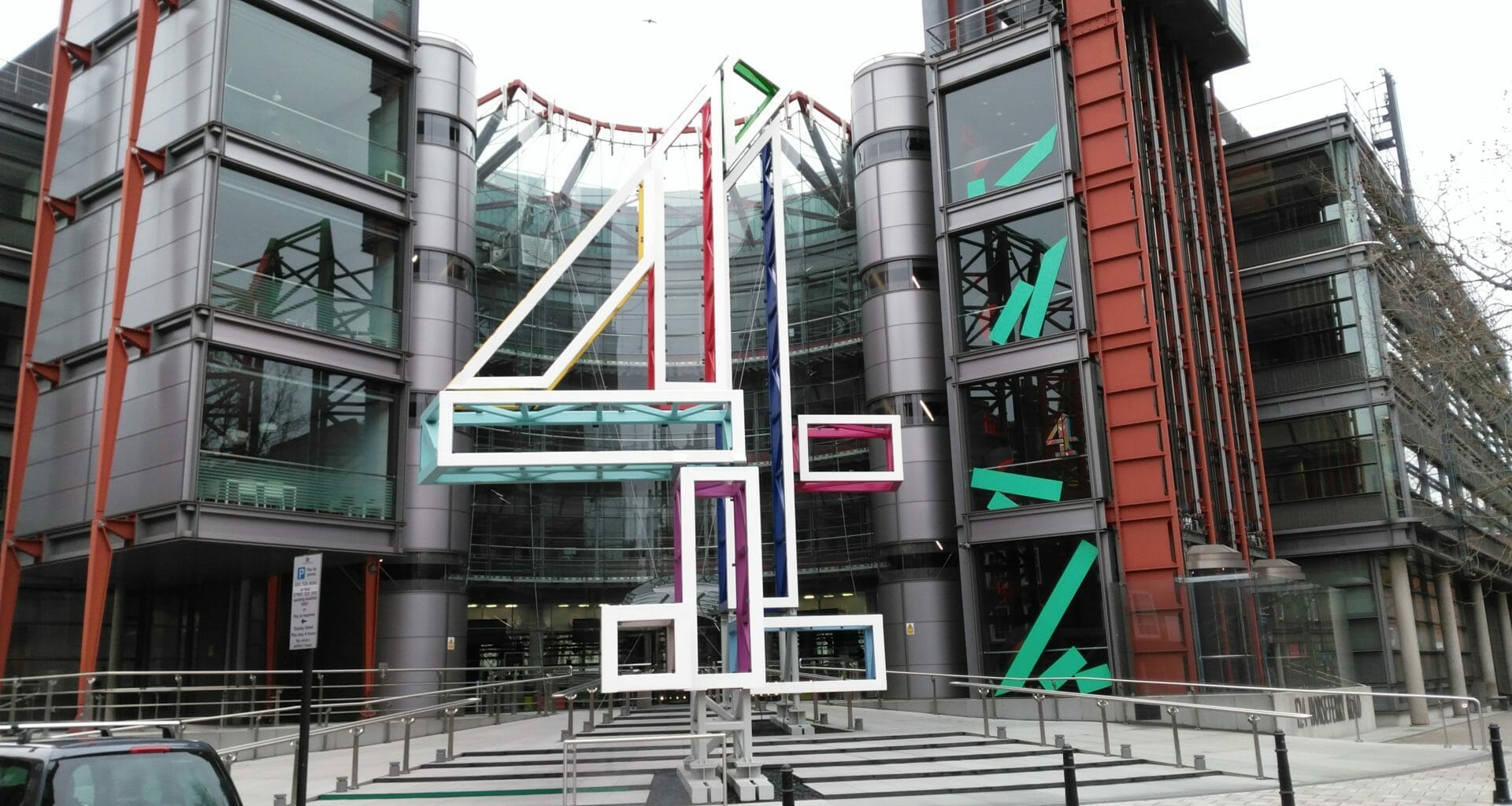The news that Channel 4 is set to be privatised has prompted controversy and varying reactions from politicians and the public.
The UK Government is moving forward with plans to take the channel out of public hands, with culture secretary Nadine Dorries saying government ownership was “holding Channel 4 back”.
A number of politicians and commentators commented on the move, with many claiming the channel was currently funded by the taxpayer.
“If Channel 4 is profitable and successful it’ll do just fine without the taxpayer.”
Darren Grimes

Evidence
Channel 4 is a publicly-owned broadcaster that was set up by the government under then-Prime Minister Margaret Thatcher in 1982. It operates as a not-for-profit corporation.
As a public service broadcaster, it is required to produce content in line with its agreed remit, which includes having a proportion of educational programming. This is set by the UK’s television regulator, Ofcom.
Its board is appointed by Ofcom in agreement with the culture secretary.
How is Channel 4 funded?
While Channel 4 is publicly-owned like the BBC, it is entirely commercially funded. This is done mostly through selling advertising.
A number of social media posts suggested the channel was taxpayer funded.
Culture secretary Nadine Dorries claimed the broadcaster was funded through taxation in a select committee hearing at the House of Commons in November 2021, saying it was “in receipt of public money”. This is incorrect.
Channel 4 is not funded by the taxpayer, and it recorded a pre-tax surplus of £74m in its latest accounts, covering 2020.
The broadcaster is described as a “self financing public corporation” by the UK Government, which means it must be profitable and “not require subsidies or other financial support from its parent department”.
Because Channel 4 is publicly-owned, if it had to borrow money that would be part of the UK’s public sector debt, however it does not appear the government has ever had to cover the channel’s debts.
Unlike Channel 4, the BBC is funded primarily through the licence fee, which is essentially a tax people in the UK must pay to access live television.
Channel 4 does not produce its own content, instead commissioning production companies to make programmes it then broadcasts. For example, its flagship Channel 4 News is produced by ITN.
Will it be privatised?
The view of the UK Government is that Channel 4 should be privatised, and it launched a consultation on a potential sell-off in July 2021, arguing the channel would be better served if it did not have the “constraints that come with public ownership”.
Dorries tweeted on 4 April that “government ownership is holding Channel 4 back from competing against streaming giants like Netflix and Amazon”.
Would Channel 4 still be a public service broadcaster if it was privatised?
Yes. The public service broadcasters in the UK are the BBC, Channel 3, 4 and 5, as well as S4C, which delivers Welsh programming. ITV and STV, which control the Channel 3 slot are both privately-owned, as is Channel 5.
These channels are required by law to do certain programming that is considered to be for the public good. This often means that privately-owned public service broadcasters are unable to make the profits that private channels can.
It is possible that conditions could be put on the sale of the broadcaster to make sure it continues to produce a certain amount of news programming. But media experts have expressed concern that the privatisation could put the channel’s public service remit at risk.
Ferret Fact Service verdict: False

Claims that Channel 4 is funded in any way by taxpayers is incorrect. While the channel is publicly-owned, it generates its own funding commercially. This is primarily through advertising. It is technically possible that if Channel 4 required borrowing, it would be counted as UK public sector debt but it does not appear that this has ever happened, and the company reported a pre-tax surplus in its most recent accounts.
Ferret Fact Service (FFS) is a non-partisan fact checker, and signatory to the International Fact-Checking Network fact-checkers’ code of principles.
All the sources used in our checks are publicly available and the FFS fact-checking methodology can be viewed here.
Want to suggest a fact check?
Email us at factcheck@theferret.scot or join our Facebook group.
Photo Credit: Creative Commons














